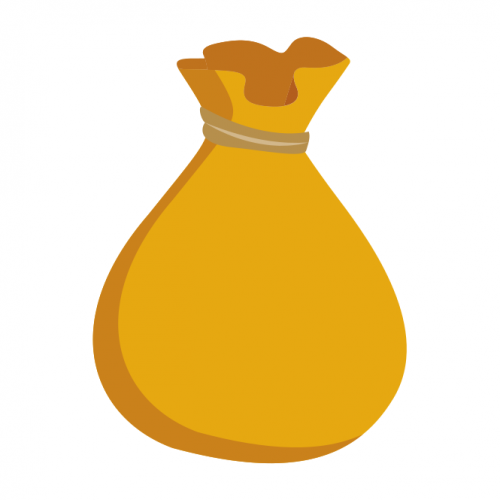The "What if..?" questions are such an important part of mathematical thinking. Knowing what to ask means that you understand something about the structure of the problem, and being able to see similarities and differences means you're starting to generalise.
This collection is one of our Primary Curriculum collections - tasks that are grouped by topic.
Take one example

Money bags
Ram divided 15 pennies among four small bags. He could then pay any sum of money from 1p to 15p without opening any bag. How many pennies did Ram put in each bag?
Make 37
Four bags contain a large number of 1s, 3s, 5s and 7s. Can you pick any ten numbers from the bags so that their total is 37?
School fair necklaces
How many possible symmetrical necklaces can you find? How do you know you've found them all?
Factors and multiples game
A game in which players take it in turns to choose a number. Can you block your opponent?
Exploring wild and wonderful number patterns
Diagonally square
Ayah conjectures that the diagonals of a square meet at right angles. Do you agree? How could you find out?
Magic Vs
Can you put the numbers 1-5 in the V shape so that both 'arms' have the same total?
Follow the numbers
What happens when you add the digits of a number then multiply the result by 2 and you keep doing this? You could try for different numbers and different rules.
Take three numbers
What happens when you add three numbers together? Will your answer be odd or even? How do you know?
Division rules
This challenge encourages you to explore dividing a three-digit number by a single-digit number.
Always, sometimes or never? Number
Are these statements always true, sometimes true or never true?
Always, sometimes or never? Shape
Are these statements always true, sometimes true or never true?
Neighbourly addition
I added together some of my neighbours' house numbers. Can you explain the patterns I noticed?
Got it
A game for two people, or play online. Given a target number, say 23, and a range of numbers to choose from, say 1-4, players take it in turns to add to the running total to hit their target.


This Pied Piper of Hamelin
Investigate the different numbers of people and rats there could have been if you know how many legs there are altogether!
Six ten total
This challenge combines addition, multiplication, perseverance and even proof.
